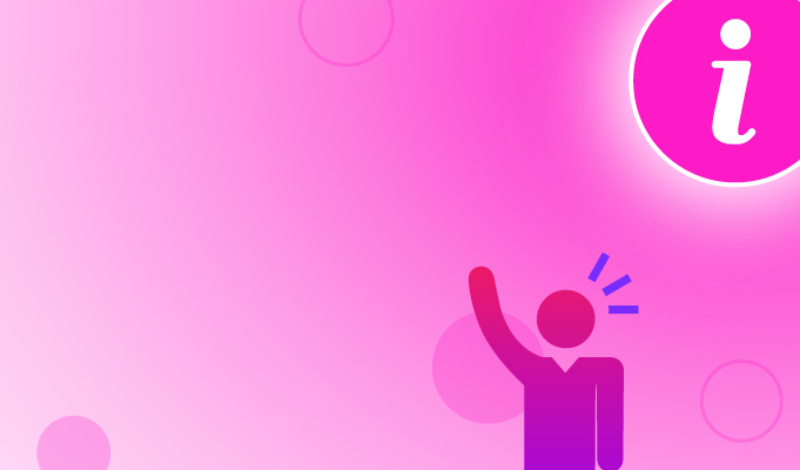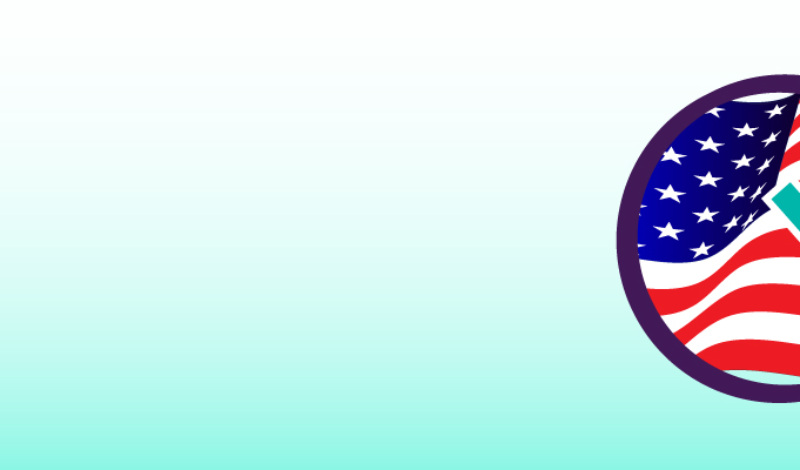
Educators in Chicago or attending #NCSS18: NewsLitCamp® at WBEZ
Thursday, November 29, 2018
8:00 AM – 3:00 PM
WBEZ
848 E. Grand Ave.
Navy Pier
Chicago, IL 60611
Join the News Literacy Project (NLP), WBEZ and the National Council for the Social Studies (NCSS) for a NewsLitCamp on Thursday, Nov. 29, from 8 a.m. to 3 p.m.
WBEZ (91.5 FM) is Chicago’s NPR affiliate; it also produces This American Life and co-produces, with NPR, the popular current affairs quiz show Wait Wait … Don’t Tell Me! NCSS is a professional association that provides leadership, service and support to social studies educators; its annual conference, in Chicago, begins Nov. 30.
NewsLitCamp is a hybridized approach to “edcamp”-style professional development, with topical sessions (developed with input from teachers) in the morning and an open-ended, teacher-suggested workshop schedule in the afternoon. For this NewsLitCamp, offered as an NCSS pre-conference clinic, educators will meet at WBEZ for a full day of workshops, conversations and maker sessions with NLP staff, NLP ambassador educators and WBEZ reporters and editors.
This NewsLitCamp is open to both educators attending NCSS and Chicago-area educators. Registration is free; space is limited. Breakfast and lunch will be provided.
Why should educators attend? NLP created NewsLitCamps to help middle school and high school educators improve their own news literacy skills, introduce them to resources for teaching news literacy and get their ideas and input for new resources. We also want to encourage a greater understanding between journalists and teachers — including an appreciation of the realities each face in playing a vital civic role on the front lines of the country’s democracy.
Bonus: Participants will learn about NLP’s Checkology® virtual classroom, a comprehensive news literacy e-learning hub that complements educators’ lesson plans. Lesson topics include:
- The standards of quality journalism and their use in determining the credibility of information.
- The history of watchdog journalism and its contributions to democracy.
- The evaluation of bias in news and other information.
- The differences in press freedoms around the world.
- The importance of using fact-based evidence when making arguments.
- The role of personalization algorithms in the creation of filter bubbles.
Questions? Email Peter Adams, NLP’s senior vice president of education, at [email protected].
